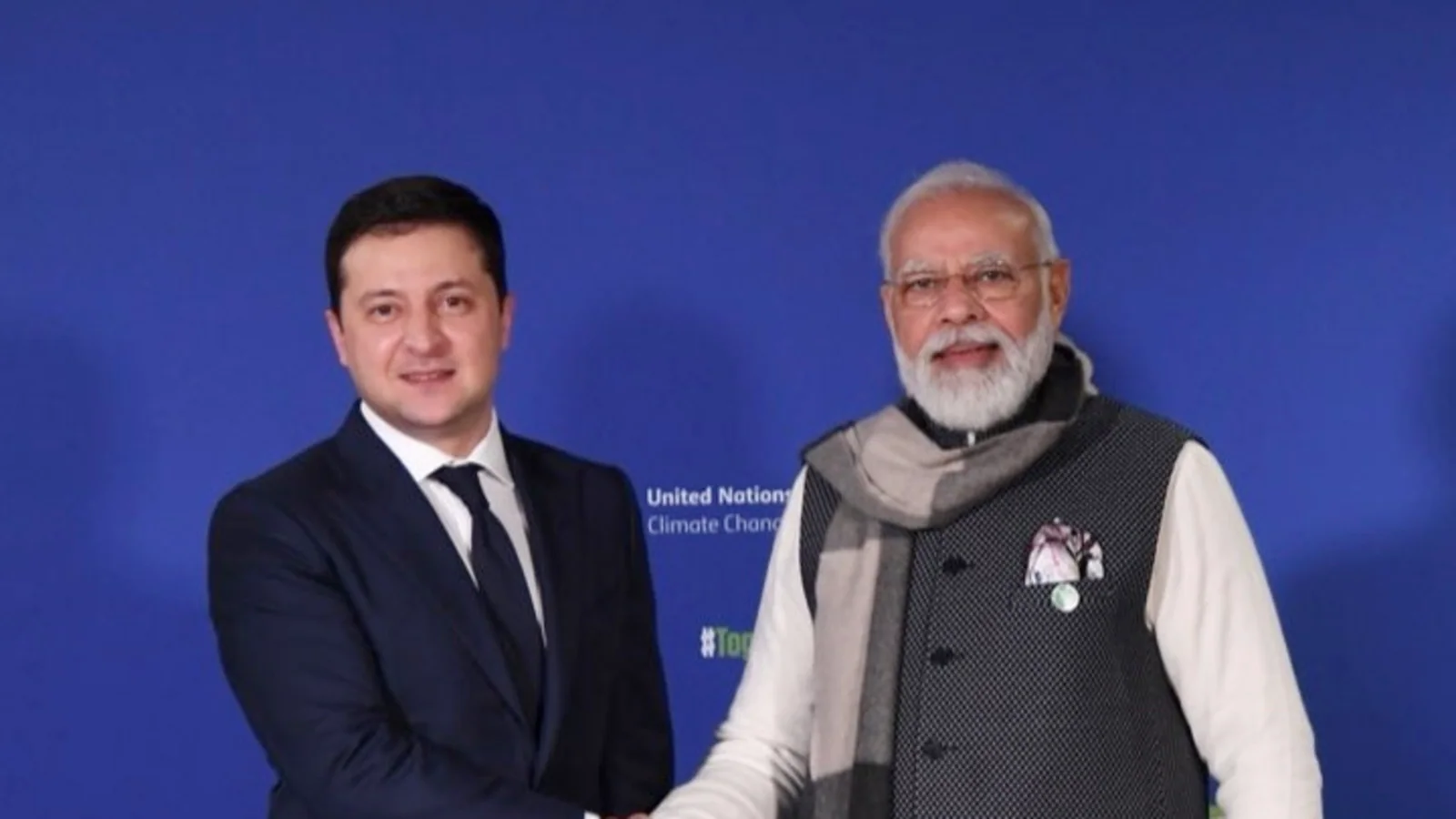The host country, India, has officially confirmed that Volodymyr Zelensky, the President of Ukraine, will not be attending the main G20 conference.
This announcement puts an end to the speculation and expectations surrounding Zelensky’s potential participation in the gathering, which will convene world leaders from major economies in Delhi.
Despite Zelensky’s recent meeting with Indian Prime Minister Narendra Modi on the sidelines of the G7 summit in Hiroshima, Japan, the Indian Foreign Minister, Subrahmanyam Jaishankar, revealed during a special press conference commemorating nine years of the Modi government’s foreign policy that invitations were exclusively extended to G20 members.
Jaishankar emphasized that the possibility of inviting Zelensky was not even discussed once the final list was established at the beginning of India’s G20 presidency this year.
“G20 participation is for members of G20,” Mr. Jaishankar told reporters on Thursday. “And for countries and organizations who we have invited and that list, we had declared as soon as we assumed the presidency of the G20.”
“It is not something we have reviewed and it is not something very honestly we have discussed,” he added.
India’s Neutral Stance in Ukraine Crisis Raises Questions on Ukrainian President’s Participation in G20
India, which has maintained a neutral position amidst Russia’s invasion of Ukraine, faced inquiries regarding the potential participation of Ukrainian President Zelensky in the G20 summit, following Indonesia’s example.
Last year, Indonesia, as the G20 host, invited Zelensky to attend the summit virtually.
However, extending an invitation to Zelensky became a challenging decision for India due to its historically strong diplomatic and trade ties with Russia.
India has deep-rooted connections with Russia and has significantly increased its purchases of Russian energy since the invasion of Ukraine. Additionally, India remains the largest buyer of weapons from Moscow.
Given these factors, India found itself in a complex situation, considering both its relationship with Russia and the ongoing Ukraine crisis, which contributed to the uncertainty surrounding Zelensky’s participation in the G20 summit.
Ukraine had urged the participation of Mr Zelensky in the G20 summit during its first deputy foreign minister’s visit to New Delhi on 11 April.
“Presidency of G20 brings additional responsibility to India. My message during the visit is, let us consider the participation of Ukrainian officials at the G20 summit to be held in India,” Emine Dzhaparova said.
“During the September G20 summit, my president will also be happy to speak up on behalf of the Ukrainian people,” she said, calling Russia’s war against Ukraine “unprovoked”.
During the briefing to give an overview of India’s nine years of foreign policy, where he touched upon various topics, Mr. Jaishankar spoke about the country’s unshakeable ties with Moscow despite various world events.
He said “India’s ties with Russia have remained steady” since the Cold War period which fluctuated relationships between every other country.
“We didn’t let the Ukraine issue affect our ties with Russia,” he said, adding that it is because “the leaderships of both India and Russia understand the importance of steady India-Russia relations for stability in Eurasia”.
He said the world perceives India as a “credible” and “effective” development partner under Mr Modi’s leadership.
The address by Mr Jaishankar comes as Mr Modi prepares for the 2024 national elections. The foreign minister is at the helm of the BJP’s month-long campaign to spread awareness about the Modi government’s achievements.
“Today, the second image of India is that of an economic collaborator,” he said.



